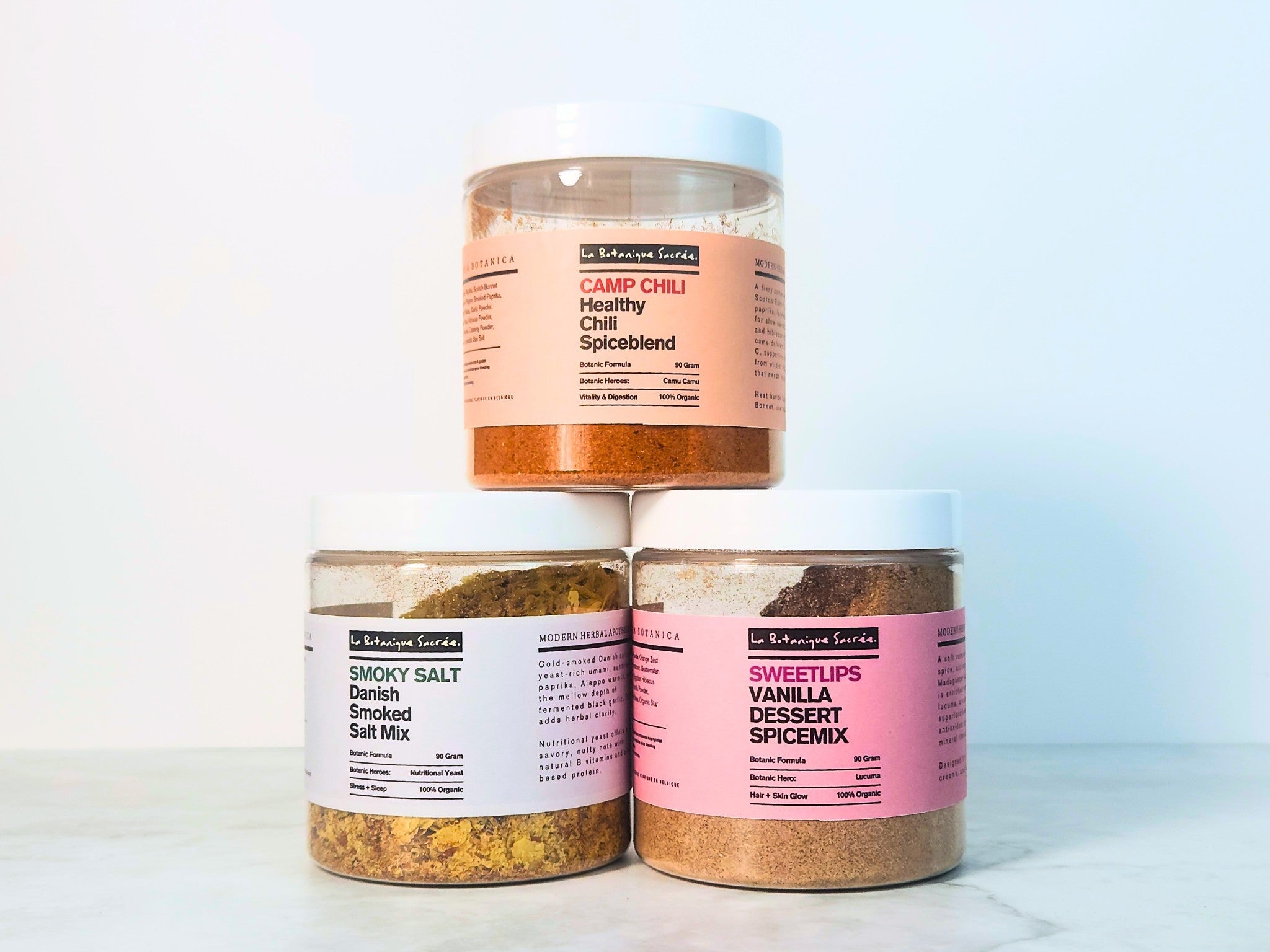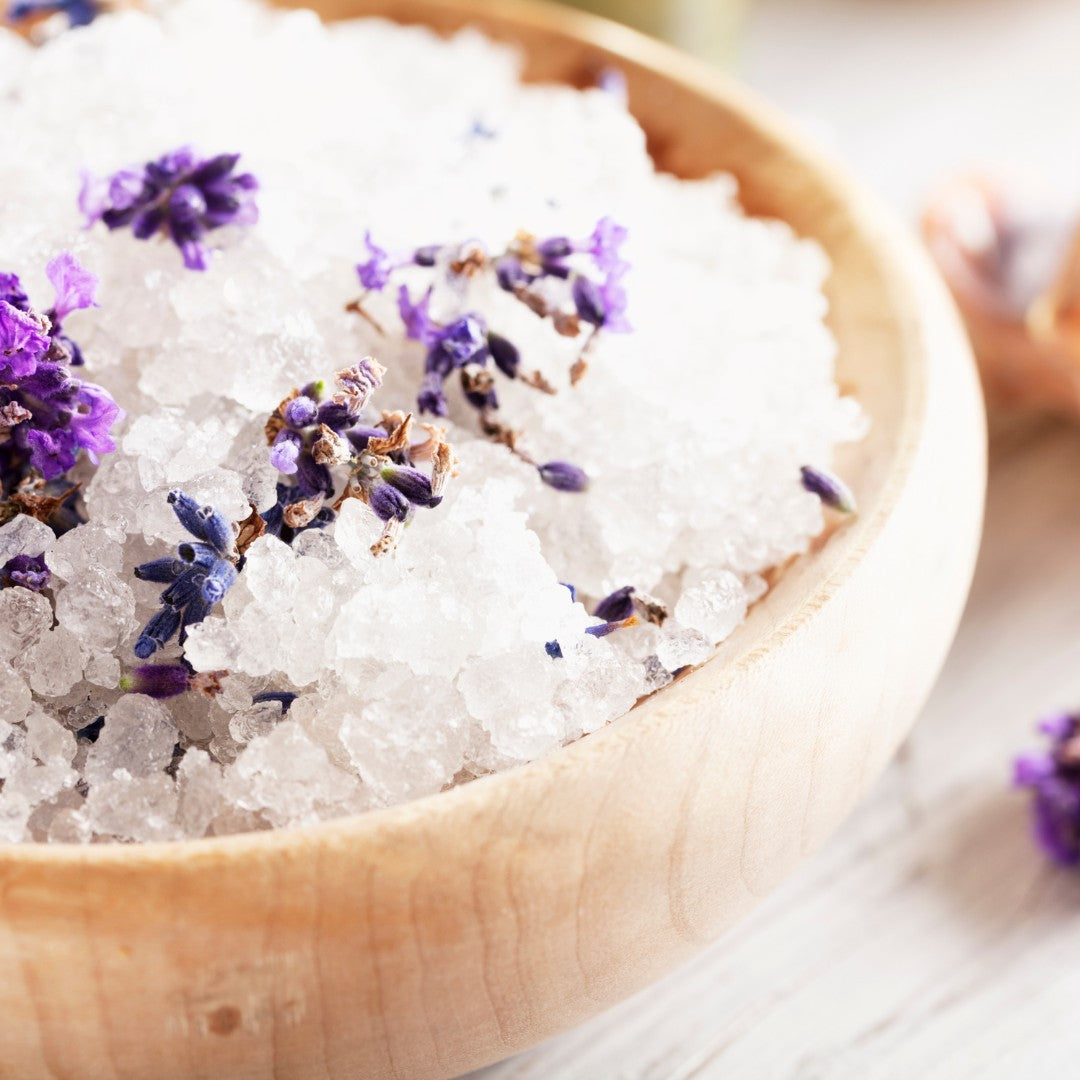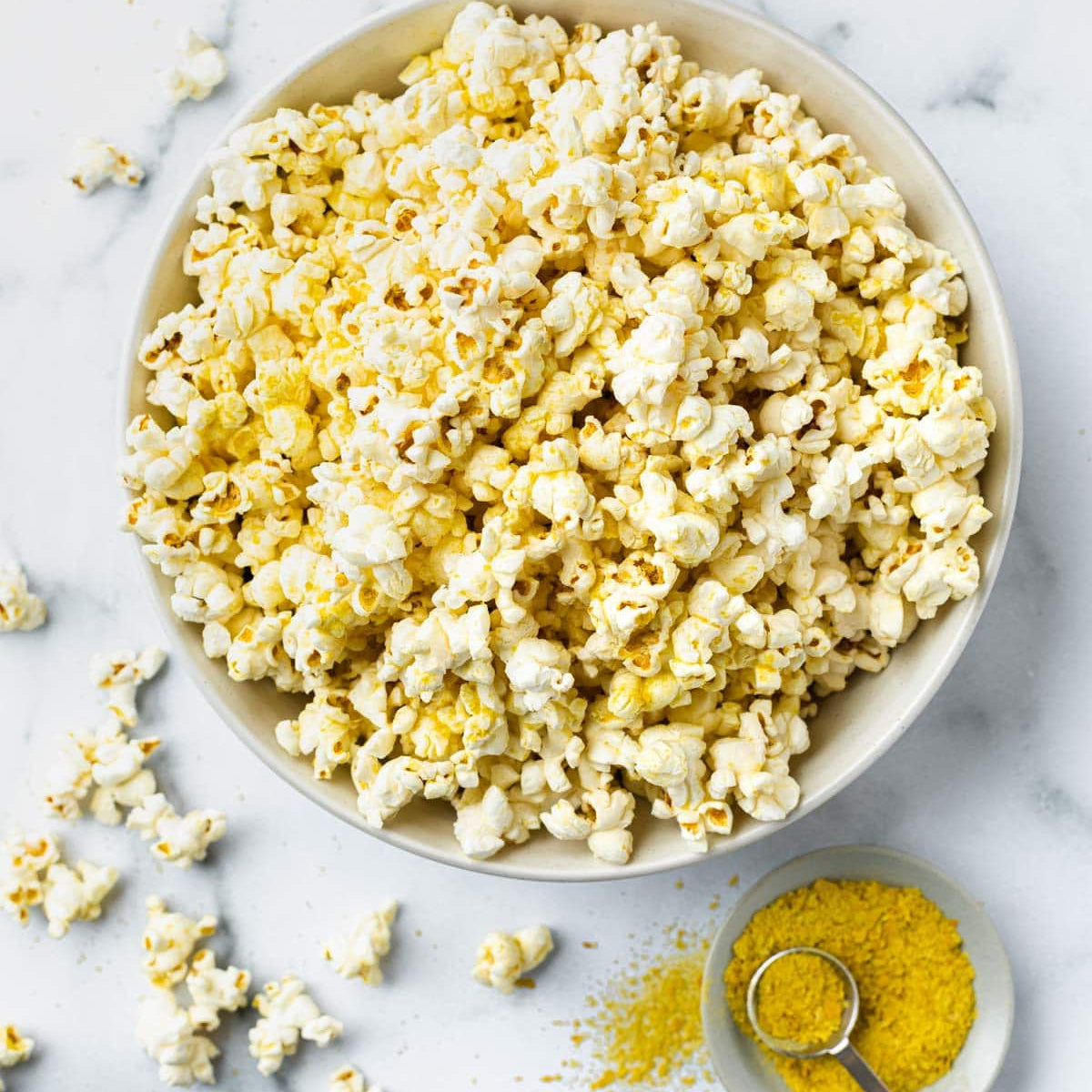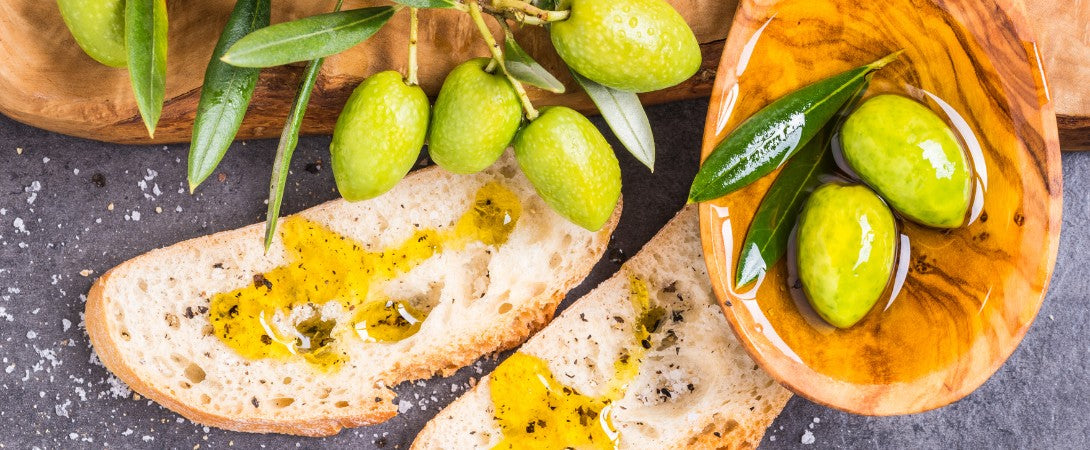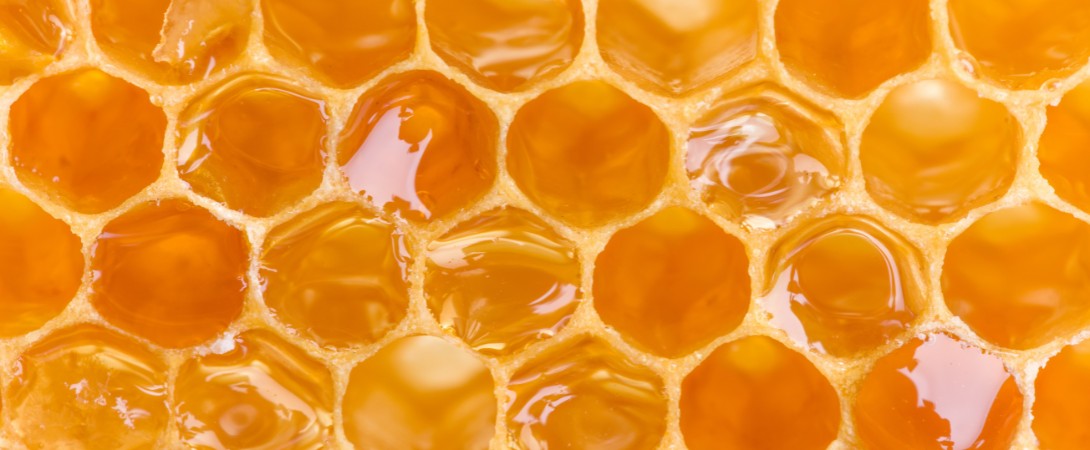Baobab Powder for a Vitamin C booster
Baobab powder delivers a tart citrus echo, nearly fifty percent fibre and more vitamin C than most fruits. The seedless pulp dries naturally inside the fruit, so minimal processing yields a shelf-stable ingredient with prebiotic pectin and a high antioxidant score. Baobab powder speaks to African heritage, EU-approved safety and sustainable wild harvest.
La Botanique Sacrée deploys baobab powder to lend bright acidity, functional fibre and elegant texture to signature blends.
Science and Composition
Chemical Composition
Laboratory assays place baobab powder at 45–52 percent dietary fibre, dominated by soluble pectin.
Vitamin C exceeds 250 mg per 100 g, roughly five times the level in orange, while calcium reaches 280 mg and potassium approaches 2200 mg.
Essential minerals include magnesium, iron and manganese in useful traces. The powder’s total polyphenol content and oxygen radical absorbance capacity rank among the highest recorded for fruit ingredients, with ORAC values above 1400 µmol TE g⁻¹.
Origin & Nutritional Composition
Baobab trees grow across the Sahel and southern savannah, storing water in swollen trunks that can live for millennia. Fruits mature during the dry season; the pulp dehydrates in situ to below eight percent moisture, so grinding requires no external heat and preserves raw nutrients.
A ten-gram serving of baobab powder supplies one third of the daily vitamin C reference, six grams fibre and meaningful calcium without fat or gluten.
Reported Health Benefits
Human-gut model research shows that baobab powder’s pectic fibres act as a selective substrate for Bifidobacterium growth and increase short-chain fatty acid production. pmc.ncbi.nlm.nih.gov pubmed.ncbi.nlm.nih.gov
Observational studies note antioxidant activity that may reduce oxidative stress markers, yet claims remain culinary rather than therapeutic.
Polyphenols and vitamin C support connective-tissue formation and iron uptake, while high potassium helps maintain normal blood pressure within a balanced diet.
Heritage and Function
Cultural Significance & Historical Significance
The baobab ranks as Africa’s “tree of life”. In Malian folklore spirits inhabit its hollow trunks; in Zimbabwe traditional healers use fruit and leaves for decoctions.
Communities in Senegal and Sudan pound baobab powder into “bouye” drinks for hydration during Ramadan fasts.
A 2024 genomic study traced the species’ oceanic dispersal from Madagascar to mainland Africa and Australia, confirming its ecological charisma.
Flavor Profile
Fresh baobab powder offers bright sherbet acidity, delicate grapefruit bitterness and faint vanilla sweetness. The finish is clean, refreshing and never cloying, making baobab powder an ideal counterpoint to fatty or smoky notes.
Fun Tidbits
Baobab powder entered the EU novel-food register in 2008 after rigorous toxicology review.
The fruit naturally dries on the tree, eliminating external fuel and cutting carbon cost.
A single mature baobab can store over 100 000 litres of water, safeguarding village water security.
La Botanique Sacrée's Approach
La Botanique Sacrée values baobab powder for its citrus lift, fibre density and antioxidant colour stability. The powder integrates without chalkiness, balancing sugars and rounding bitter botanicals in complex compositions.
Sourcing information
Our baobab powder originates from certified-organic harvest cooperatives in Malawi and Senegal. Fruit pods fall naturally, are cracked by hand and the dry pulp is sieved under shade, maintaining raw temperature.
Products featuring baobab powder
• POIVRE BLEU – floral pepper medley layered with baobab acidity
• YELLOMAYO – turmeric mayo seasoning brightened with baobab powder
• LA TOMATE– Mediterranean tomato blend tempered by baobab tang
• POULETIUM – smoky chicken rub where baobab powder cuts fat and supports caramelisation




